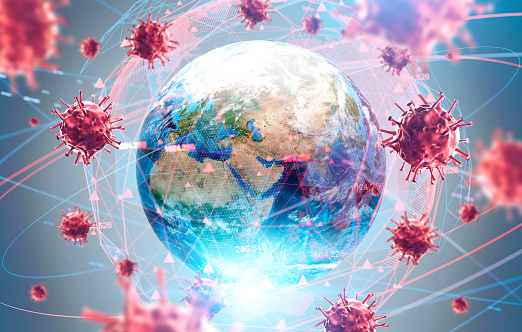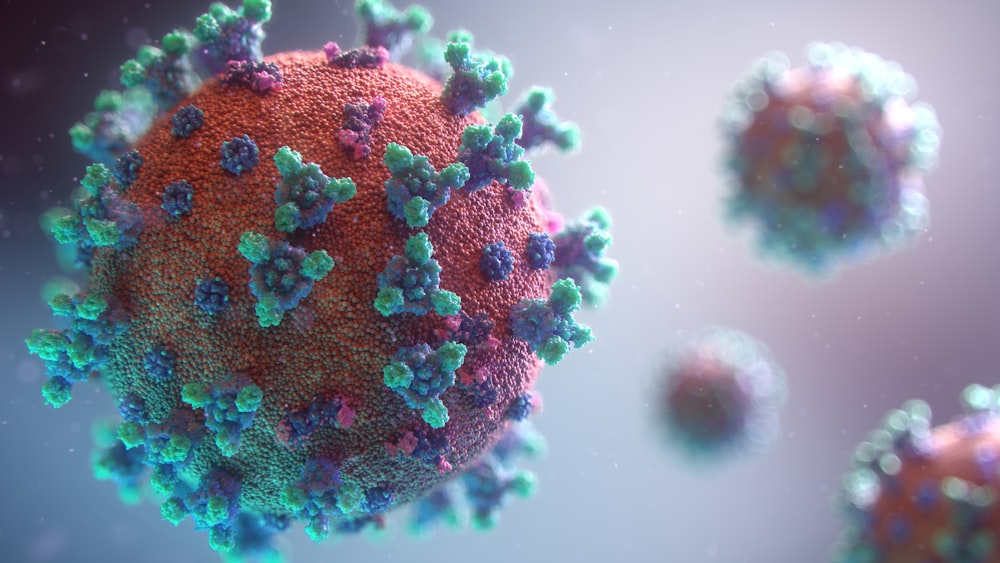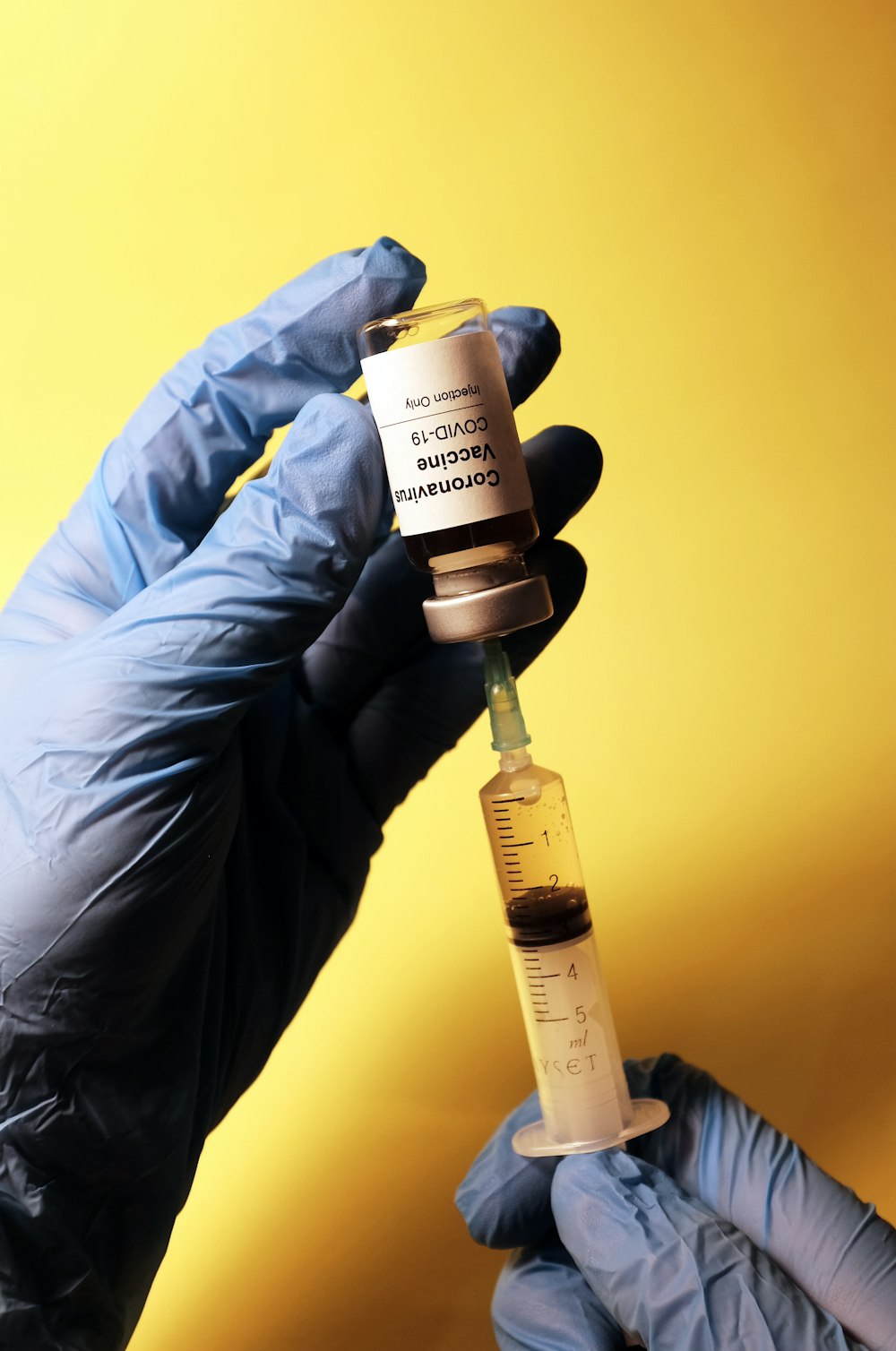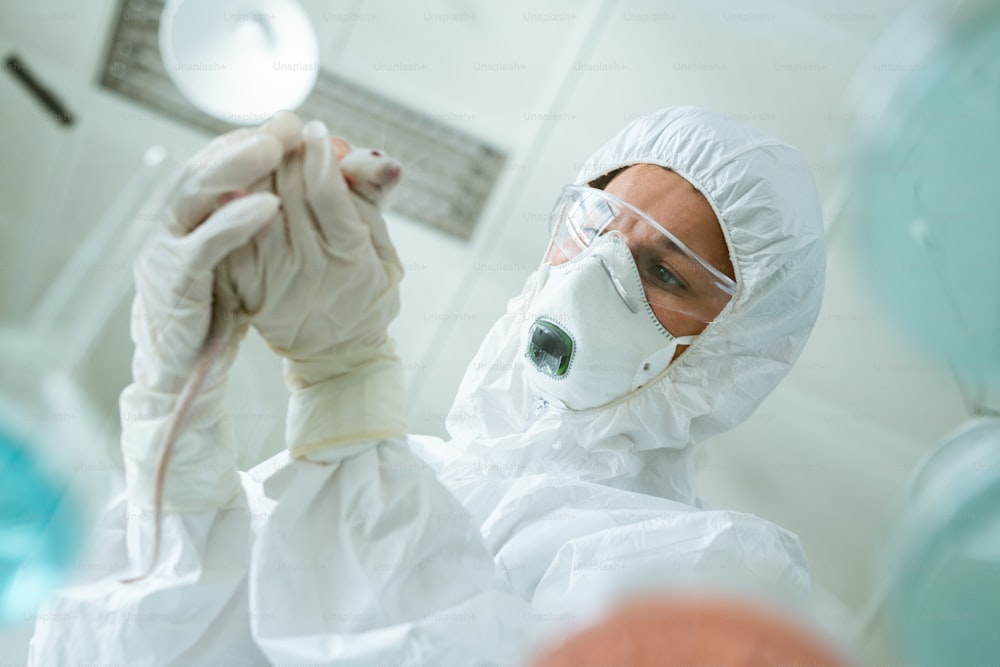Ways scientists can help during the COVID-19
The coronavirus epidemic has forced decision-makers, community leaders, and regular citizens to carefully consider what creates healthy and resilient communities. The pre-pandemic catastrophes of climate change, food insecurity, and social injustice have all been made people reevaluate their approaches to dealing with them. At its inter-sessional panel for 2020–2021, scheduled for January 18–22, the UN Commission on Science and Technology for Development (CSTD) will discuss how to make science and technology work for everyone in order to meet these issues. Scientists have crucial role to play. Scientists can help in tackling the problem in various ways.
The first examines how innovation, science, and technology can be leveraged to bridge the gap on SDG3’s goal of promoting health and wellbeing. The second examines how blockchain technology might contribute to sustainable development.
Collaboration at an international level: scientists and COVID-19
IMAGE CREDITS: Unsplash.com
Since the COVID-19 outbreak, scientists from various nations have worked together mostly in accordance with the tenet of “open science,” which promotes the free and open sharing of information.
Governments must band together in solidarity to make sure that everyone, especially the poorest, has access to the vaccines, according to Shamika N. Sirimanne, director of technology and logistics for UNCTAD. “In the same way that the development of the vaccines greatly benefited from scientists collaborating in unity for a common cause, governments must also unite in solidarity,” she said.
Keeping unexpected outcomes at bay: scientists and COVID-19
Digital health technologies carry a number of unanticipated dangers that may have an impact on the resiliency of social, cultural, and political institutions. Experts advise tempering and controlling these to the greatest extent possible.
For instance, it may be challenging to find trustworthy and credible information about the COVID-19 pandemic due to “infodemics,” the overflow of incorrect health information online.
The risk is rising in the domain of digital technologies like blockchain. Blockchain technology is widely used in the cryptocurrency industry, with Bitcoin being the most well-known. During the first week of 2021, the price of Bitcoin surpassed the $40,000 barrier and hit an all-time high, only to fall by more than 20% the following week.
For instance, if investors incur debt to buy significant amounts of cryptocurrency using fiat currency (such as the US dollar or euro), and there is a devaluation in the exchange rate – as is clearly the case right now – this could result in payment defaults in the relevant fiat currency, potentially resulting in personal financial ruin.
Public health authority: scientists and COVID-19
IMAGE CREDITS: Unsplash.com
Listen to advice from your local public health authority, and spread them within your own networks. Social distancing and #FlattenTheCurve are not well-known concepts. Use this chance to explain medical language to your loved ones, dispel myths, and explain why basic precautions like washing your hands are so important in this pandemic.
Donate PPE: scientists and COVID-19
Provide any personal protective equipment (PPE) you may have in the lab for donation. Consider giving unused PPE supplies to the neighbourhood hospitals if you have some in your lab. The #GetUsPPE campaign lists organizations to which you can give.
Donate instruments and reagents
In many regions, a scarcity of crucial chemicals and resources is holding back COVID-19 testing. Aim to provide resources whenever you can in response to requests for reagents from your institution or the regional public health authority. As an illustration, the RNA Society is compiling a list of supplies in the US.
Examining the information: scientists and COVID-19
IMAGE CREDITS: Unsplash.com
Examine the preprints. Pre-prints about COVID-19 are presently flooding platforms like the Outbreak Science Rapid PREreview, bioRxiv, and medRxiv. Consider reviewing contributions, offering suggestions, and highlighting any issues. It can be really effective at providing right information to all people.
Contribute in research
Contribute your talents to the COVID-19 research community. Using programs like Crowdfight COVID-19 and the COVID-19 Pandemic Shareable Scientist Reaction Database, COVID19 researchers are able to work with volunteer scientists on activities like data transcription and image annotation.
Challenge yourself to a COVID-19 task

IMAGE CREDITS: Unsplash.com
Many competitions have been started, such the $200,000 Code Life Ventilator Challenge and the COVID-19 Open Research Dataset Challenge, which aim to develop text mining algorithms to extract data from a corpus of machine-readable literature. Get your colleagues together and think about taking on a challenge right now.
Give away your computer resources
To learn more about the COVID19 coronavirus, including its structure and folding, Folding@Home is running simulations. Downloading the desktop application and contributing computer resources will enable the team to run additional simulations.
Answering the queries
Offer to assist ChatBots in answering COVID-19 queries. The COVID-19 Ask-A-Scientist ChatBot service was created by the Federation of American Scientists, the New Jersey Office of Innovation, and the Governance Lab. The Jennifer COVID-19 Chatbot was created by the National Academies of Science, Engineering, and Medicine (NASEM). You can volunteer to respond to inquiries and add to the ChatBot’s knowledge base.
Editing and updating Wikipedia

IMAGE CREDITS: istockphoto.com
Edit COVID-19-related Wikipedia pages. During this pandemic, the public is looking to Wikipedia for information; the main COVID-19 pandemic article has had over 10 million page views. You can access COVID-19-related sites to add and validate information by creating an account.
Virtually share your study: scientists and COVID-19
In order to engage pupils who are at home, virtually share your study. Consider registering with websites like Skype A Scientist. Which will connect you with families interested in learning more about your area of expertise.
USEFUL LINKS:
Learn about science and covid-19:
How scientists can help during covid-19
Know more about scientific discoveries:
Top scientific discoveries of the decade you must know
See some best science books:
Best science books you must read







